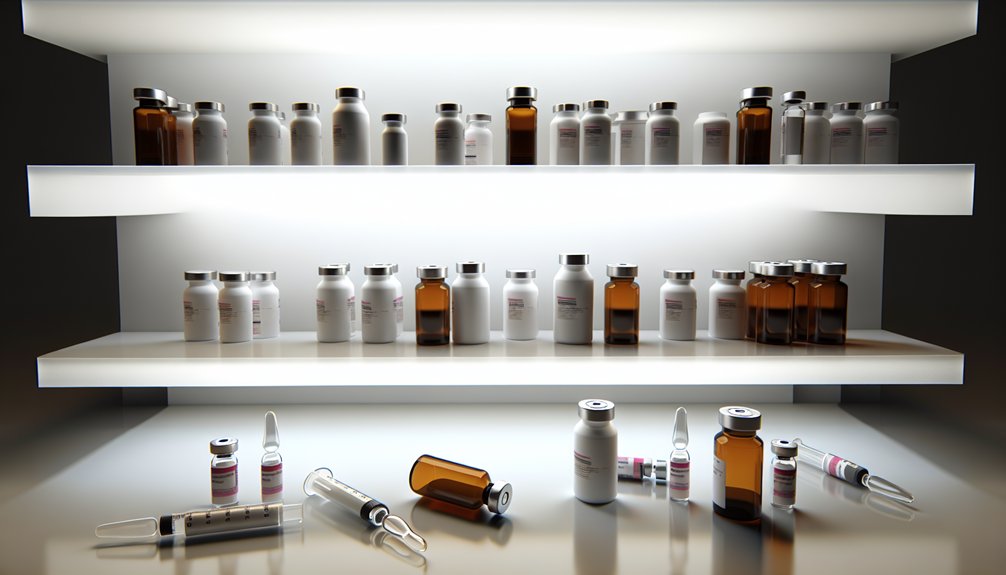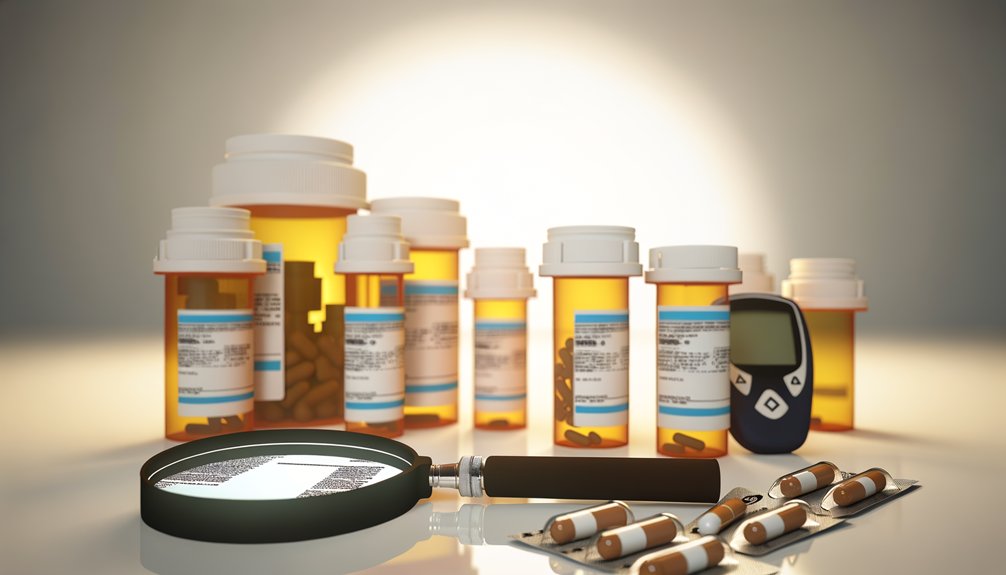Recent diabetes drug recalls have left many patients feeling anxious and uncertain about their health. Medications like Insulin Glargine faced serious labeling issues, putting safe blood sugar management at risk. This has led to fears that trusted treatments might not be safe anymore. While the FDA works to improve safety measures, it’s essential for patients to stay informed and consult with their pharmacists. There’s hope as new options arise, promising brighter days ahead for diabetes management. More insights await.

In a world where managing diabetes can often feel like traversing a complex maze, recent recalls of diabetes medications have added an unexpected twist to the journey. Patients who rely on these medications for their daily health must now navigate new challenges that can evoke anxiety and uncertainty. Several diabetes drugs, both generic and branded, faced recalls due to serious quality and safety concerns. These issues range from impurities to labeling errors, causing many to wonder if their trusted medications could actually do more harm than good.
Recent recalls of diabetes medications have added anxiety and uncertainty for patients navigating their treatment options.
Among the recalled medications, Carvedilol, a common heart medication for diabetic patients, faced multiple recalls in 2025. The presence of harmful impurities raised alarms, forcing patients to reconsider their treatment options. Meanwhile, insulin products also faced scrutiny, with Insulin Glargine being recalled for missing labels on vials. Such oversights can lead to incorrect dosing, which can be dangerous for those trying to manage their blood sugar levels. The recall was initiated after the FDA identified manufacturing issues at an Indian facility, highlighting the importance of stringent quality control.
The FDA has classified many of these recalls as Class II, indicating a moderate risk that is often reversible. Still, this doesn’t diminish the concern felt by patients. They are advised to check their medication lot numbers and expiration dates, consulting pharmacies for replacements if necessary. The uncertainty surrounding these recalls can feel overwhelming, but it’s essential for patients to remain vigilant and proactive. While many diabetes medications faced shortages in recent years, GLP-1 medications have largely returned to normal supply levels by early 2025.
On a brighter note, the FDA continues to enhance safety measures, introducing new biosimilars that expand treatment options. While counterfeit medications, like fake Ozempic, have emerged in the market, the ongoing testing of authentic products shows promise for those in need.
Navigating diabetes management can be intimidating, but staying informed and connected with healthcare providers can help patients steer through these turbulent waters. Amid such challenges, there remains hope, as regulatory agencies work tirelessly to guarantee the safety and efficacy of diabetes medications for all.
